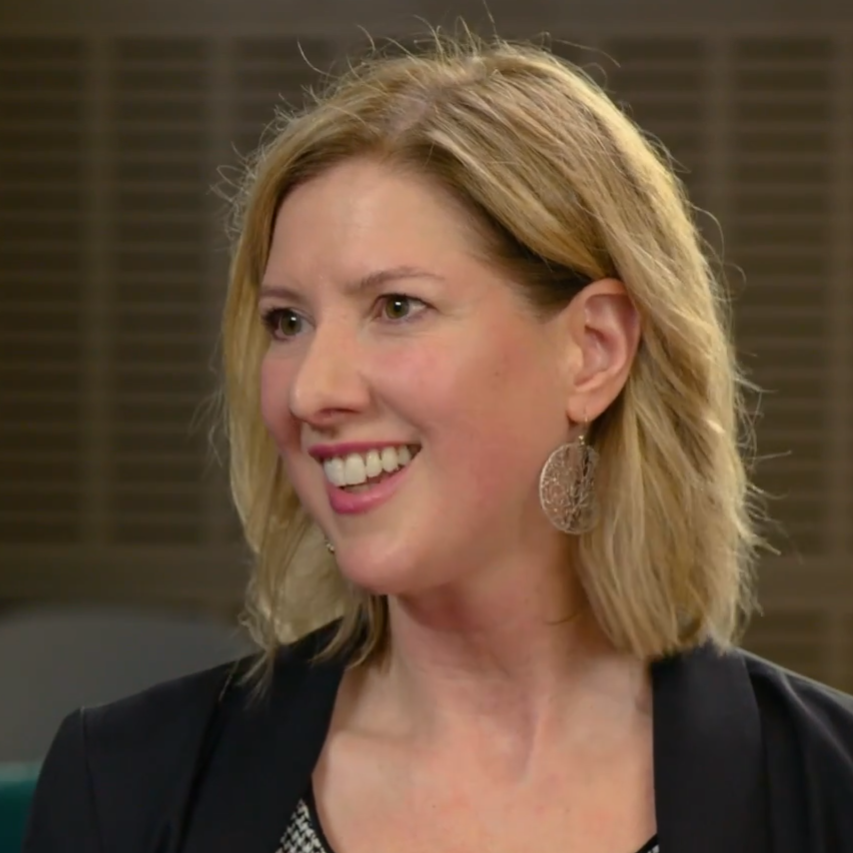
Aligning Measurement of Personal Attributes to Predict Adult Life Outcomes
In a unique multidisciplinary, multinational research effort, the CEHD is investigating the development of personality traits, executive function, and economic preferences and how these skills predict academic achievement and health outcomes.
CEHD Director James J. Heckman leads the project with co-principal investigators Stephanie M. Carlson of the University of Minnesota; Thomas J. Dohmen of the University of Bonn; and Patrick. C Kyllonen of the Educational Testing Service.
Objective 1: Aligning Measurement of Psychological Traits and Economic Preferences
Personality traits, executive function skills, and economic preferences that emerge in childhood impact children’s health and life outcomes, particularly through physical and psychological well-being, educational achievement, and workforce decisions.
Supported by the NIH, this study will:
- Collect and analyze data on traits, skills, and preferences that emerge in childhood.
- Examine how these attributes evolve and co-evolve during adolescence, exploring the relationships across elicited trait, skill, and preference measures.
- Determine the extent to which different measurement schemes capture common or distinct aspects of human differences and if these relationships vary across cultures, gender, ethnicity, and race.
Our study uses survey and administrative data from schools and self-reported health measures to inform best practices for school evaluations and assist teachers in designing student-tailored curricula.
Objective 2: Aligning Measurement of Personal Attributes for Predicting STEM Education Outcomes
Research across several fields identifies relationships between personality traits, executive function skills, and enrollment and performance in STEM courses and careers. This study will address important unanswered questions in how these traits are accurately measured and their relationship to STEM outcomes.
Supported by the NSF, this study will:
- Identify the combination of noncognitive skills, traits, and preferences that predict performance in STEM courses from fourth grade through high school.
- Determine how these personal attributes predict the choice of college major and career.
- Analyze samples from three sites in the United States and China, as well as data from the Australian Household, Income and Labour Dynamics Survey.
- Provide a better understanding of age-specific windows of opportunity for interventions promoting STEM achievement and the pursuit of STEM majors.
Pinpointing the attributes associated with success in STEM fields will help teachers and school administrators personalize education, improve student outcomes, and better identify and counsel students with strong STEM potential.
Project Collaborators:
- Center for the Economics of Human Development
- Educational Testing Service
- briq Institute on Behavior & Inequality
- Institute of Child Development
- Institute for Economic and Social Research at Jinan University
- Mathematica
An advisory panel of consultants will meet regularly to give feedback on the project’s design and progress. Members include:
- Anya Samek of University of California San Diego
- Jennifer Tackett, Northwestern University
- Oliver John, UC Berkeley
- Bertil Tungodden, Norwegian School of Economics – NHH
- Richard Robins, UC Davis







